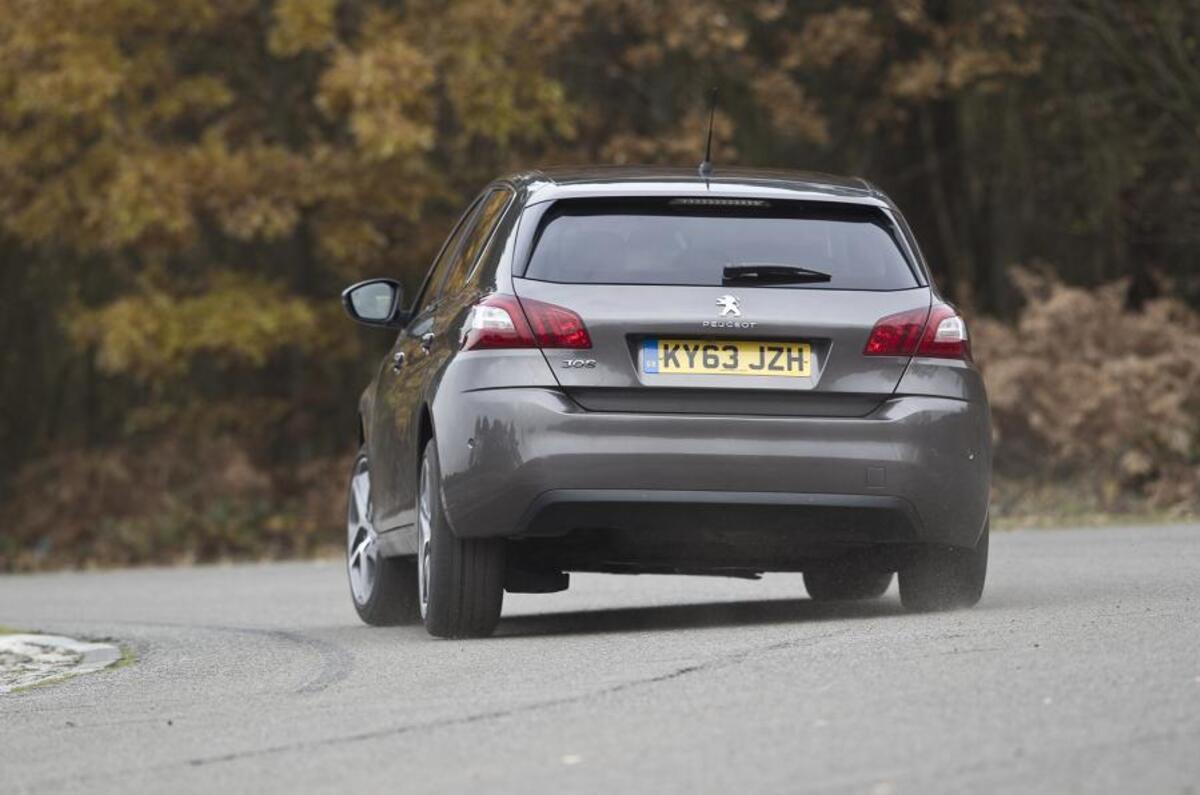The European Automobile Manufacturers’ Association (ACEA) has voiced concerns over a switch to a new real driving emissions (RDE) test in Europe.
In a new statement today, the ACEA has called for more information, “so manufacturers can plan the development and design of vehicles in line with the new RDE requirements”.
The European Parliament will vote tomorrow on whether the new system is implemented. If it is, it’ll replace the current laboratory-based testing system, which is part of the New European Driving Cycle.
With RDE, new cars will be subjected to testing that better reflects how cars are driven in public, in a bid to make emissions data more reflective of true emissions output.
The knock-on effect is that it should also prevent manufacturers from developing software that recognises it is being tested, as seen with the recent Volkswagen emissions scandal.
Despite a widely acknowledged need for change, the ACEA believes rapid adjustments to legislation could harm the industry. “Looking at the timescale for RDE, the proposal represents a tremendous challenge for Europe’s car manufacturers in terms of timing and investments,” said ACEA secretary general Erik Jonnaert.
Timing issues aside, the ACEA does at least support a move to real-world emissions testing, and its feelings are matched by several of the industry’s biggest players.
When contacted by Autocar, PSA Peugeot-Citroën reiterated that its statement from late last year still stands, saying: “PSA is ready, with our diesel engines equipped with SCR technology and our petrol engines, to apply RDE with our Euro 6.2 vehicles as from September 2017 as foreseen by the member state’s decision.”
Fiat Chrysler offered a similar response, stating that it would welcome changes to the tests and that it too was ready to conform as it has long been testing cars for the real world.
Earlier today, the Italian-American carmaker released its own statement distancing itself from the VW emissions scandal. It said real-world testing wouldn’t change the results of its cars because “the emission control systems of the FCA vehicles operate in the same way under the same conditions, whether the vehicle is in a laboratory or on the road”.
In a Transport Select Committee meeting last month, VW UK boss Paul Willis emphasised his company’s viewpoint for a new test. He said the German car maker has been campaigning for a more realistic test since 2010 – five years before the emissions scandal.




Join the debate
Add your comment
Its true that real world Co2
However I hope the new rules punish the diesels that dont make it in terms of Nox emssions. It was the Nox emissions of 200-300% more in real life that was the root of the VW diesel scandal in US..
They can always change more than just the test
Not only will the figures look rubbish